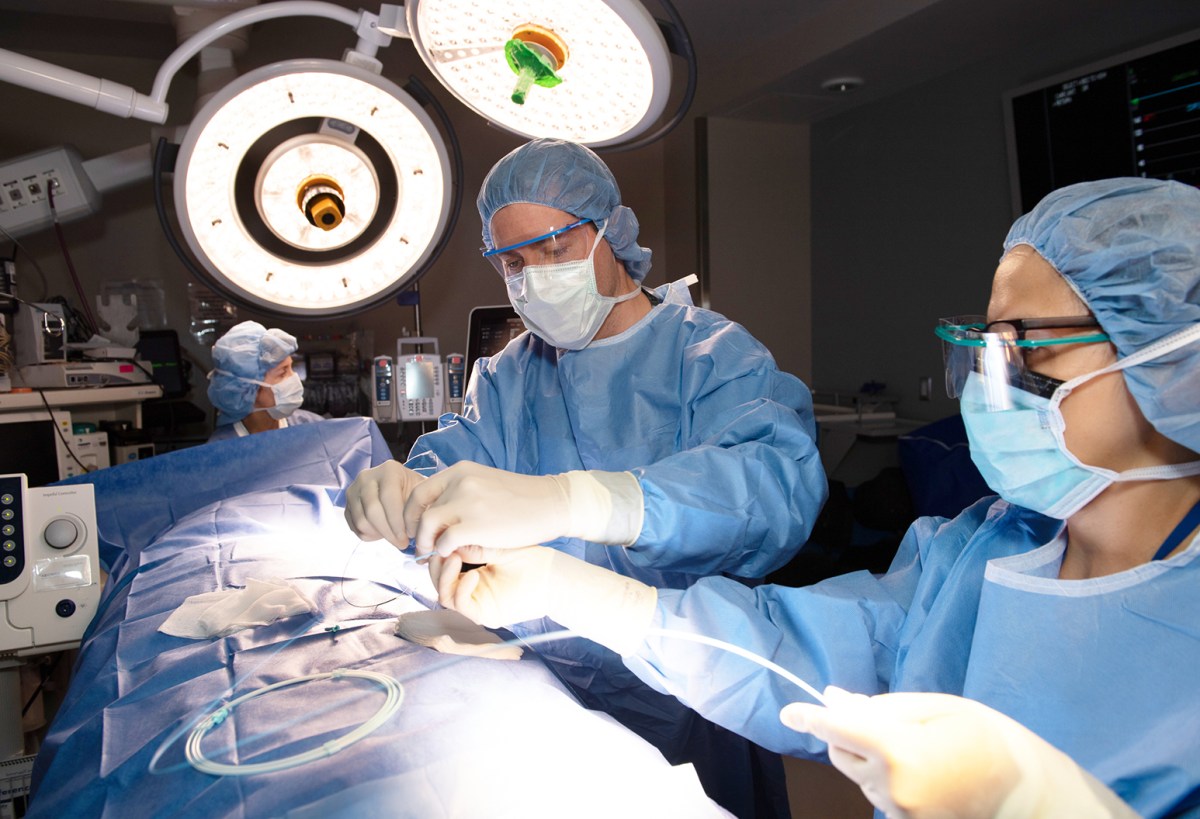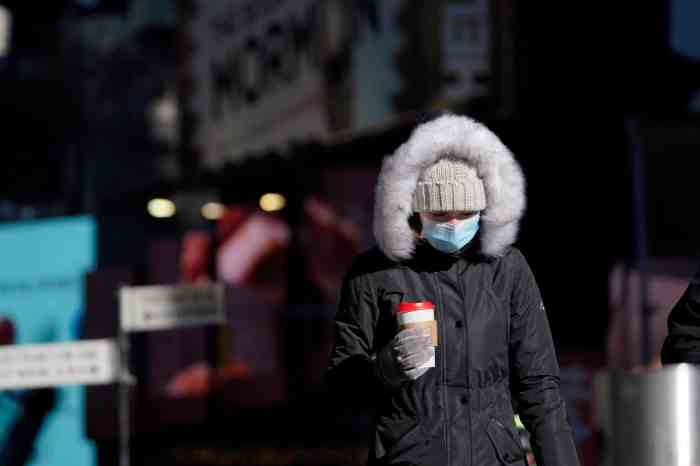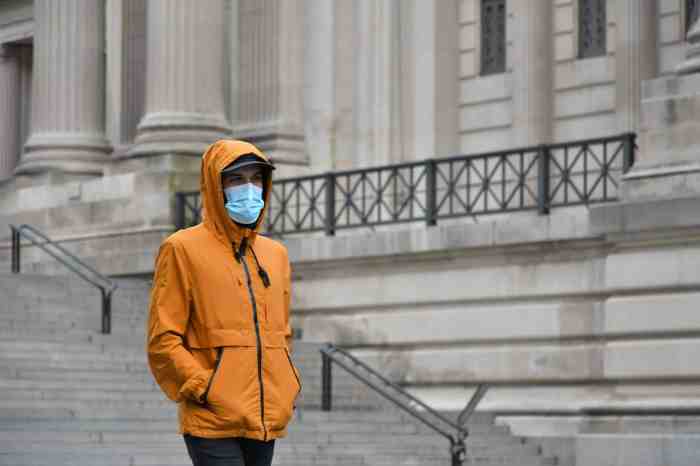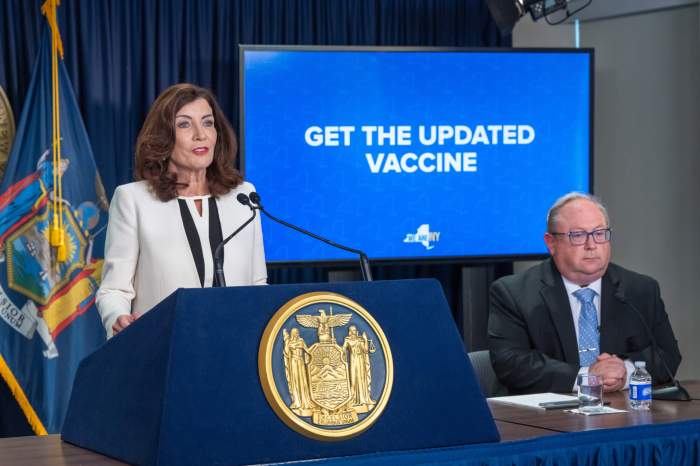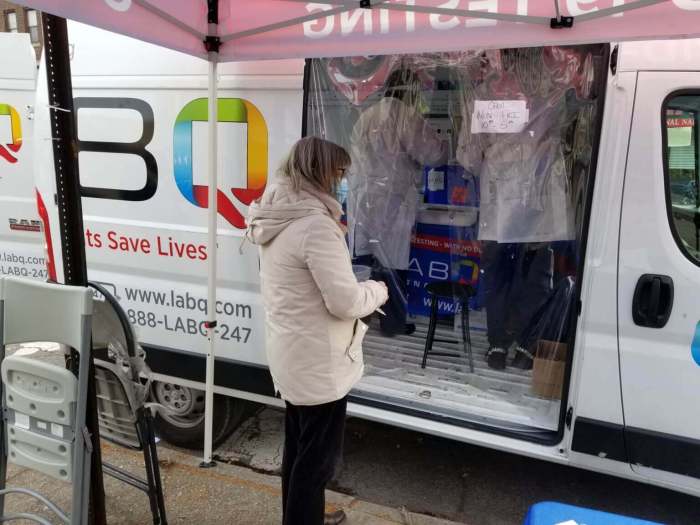Being 8 1/2 months pregnant with your first child in the middle of a global pandemic is not an ideal situation.
On Monday, March 9, I received a phone call from Julianne M. Keller, Practice Coordinator, Department of Obstetrics & Gynecology, New York-Presbyterian Queens, informing me that my Lamaze class scheduled for March 21 had been cancelled due to coronavirus containment efforts.
On March 14, New York-Presbyterian made an exponentially more startling official announcement that all elective surgeries would be postponed at its 13 hospital network as of March 16, “until further notice,” putting my personal plight firmly in perspective. The hospital network cited “an abundance of caution” to best protect the “health and safety of our patients and staff” as the basis of the decision.
On March 15, Northwell Health, another major NYC health care network, announced similar postponements on “elective surgeries, endoscopies and other invasive procedures in the health system’s outpatient settings.” Northwell offered a timeframe, with this guidance stated as in effect until April 15 and added that the network would be upping their telehealth access.
Governor Andrew Cuomo stated at a March 12 press conference that freeing up beds from elective surgeries in hospitals citywide would increase hospital’s inpatient capacities by 25% to 30%. He also urged willing and able retired doctors and nurses to recertify and join health care workers on the frontlines.
These measures seem prudent when considering the most up-to-date facts; with NYC logging 269 cases of coronavirus infection as of press time and Mayor Bill de Blasio anticipating this number to rise to 1000 within the next week.
Add this to the mayor’s calculations of there being 20,000 hospital beds in the city, 5,000 ventilators, and only 1,200 beds that can be “made available immediately,” and it becomes obvious that preparedness efforts needed to be escalated by elective surgery postponements.
Insofar as the details on postponements, elective surgeries are defined as non-emergency procedures, scheduled in advance, as they prove no immediate threat to a patient’s life. Types of elective surgeries include hip and knee replacements, bariatric surgery, kidney stone removal, hernia repairs, cataract extractions, ligament repairs, cosmetic surgeries and preventative mastectomies. Precise categories of elective surgeries to be subject to postponement were not elaborated in either hospital network’s release.
The release by New York-Presbyterian made clear that urgent surgeries—which can be postponed for 4 to 12 hours—or emergency surgeries—which must be done within minutes to an hour—will continue as normal.
With the sweeping changes in surgery protocols came a wave of new visitation policies. For New York-Presbyterian, adult inpatients will be allowed one visitor, pediatric patients two and ED department patients visitor access has been largely prohibited, with the possibility of one visitor being allowed to be assessed on a case-by-case basis.
Suddenly, switching to an online Lamaze class doesn’t feel like such a raw deal.



